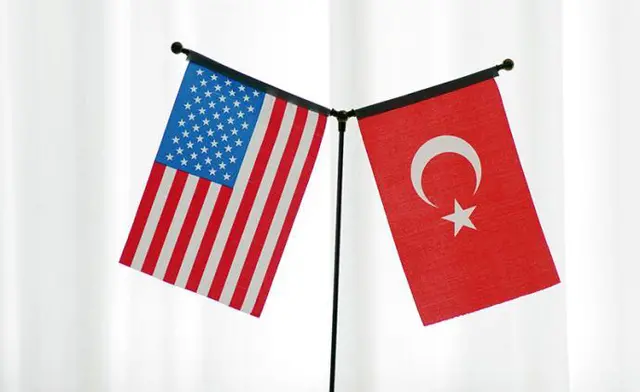Washington's top diplomat on Wednesday said he would not yet push for sanctions against Myanmar over the Rohingya refugee crisis, but he called for an independent investigation into "credible" reports that soldiers committed atrocities against the Muslim minority.
Secretary of State Rex Tillerson was speaking after a one-day stop in Naypyidaw, as global outrage builds over impunity for a military accused of waging an ethnic cleansing campaign against the Rohingya.
Speaking by his side, Myanmar's de facto civilian leader Aung San Suu Kyi hit back at global criticism that she has been silent over the refugee crisis, saying she has instead focused on speech that avoids inflaming sectarian tensions.
More than 600,000 Rohingya have fled the mainly Buddhist country since the military launched a counter-insurgency operation in northern Rakhine state in late August.
While the army insists it has only targeted Rohingya rebels, refugees massing in grim Bangladeshi camps have described chilling and consistent accounts of widespread murder, rape and arson at the hands of security forces and Buddhist mobs.
Speaking after meetings with the army chief and Suu Kyi, Tillerson said that broad economic sanctions are "not something that I'd think would be advisable at this time".
"We want to see Myanmar succeed," he told reporters. "You can't just impose sanctions and say therefore the crisis is over."
But he said Washington was "deeply concerned by credible reports of widespread atrocities committed by Myanmar's security forces and vigilantes" and urged Myanmar to accept an independent investigation into those allegations, after which individual sanctions could be appropriate.
"The scenes of what occurred out there are just horrific," he added.
Both the army and Suu Kyi's administration have dismissed reports of atrocities and refused to grant entry to UN investigators charged with probing allegations of ethnic cleansing.
(AFP)
 简体中文
简体中文

